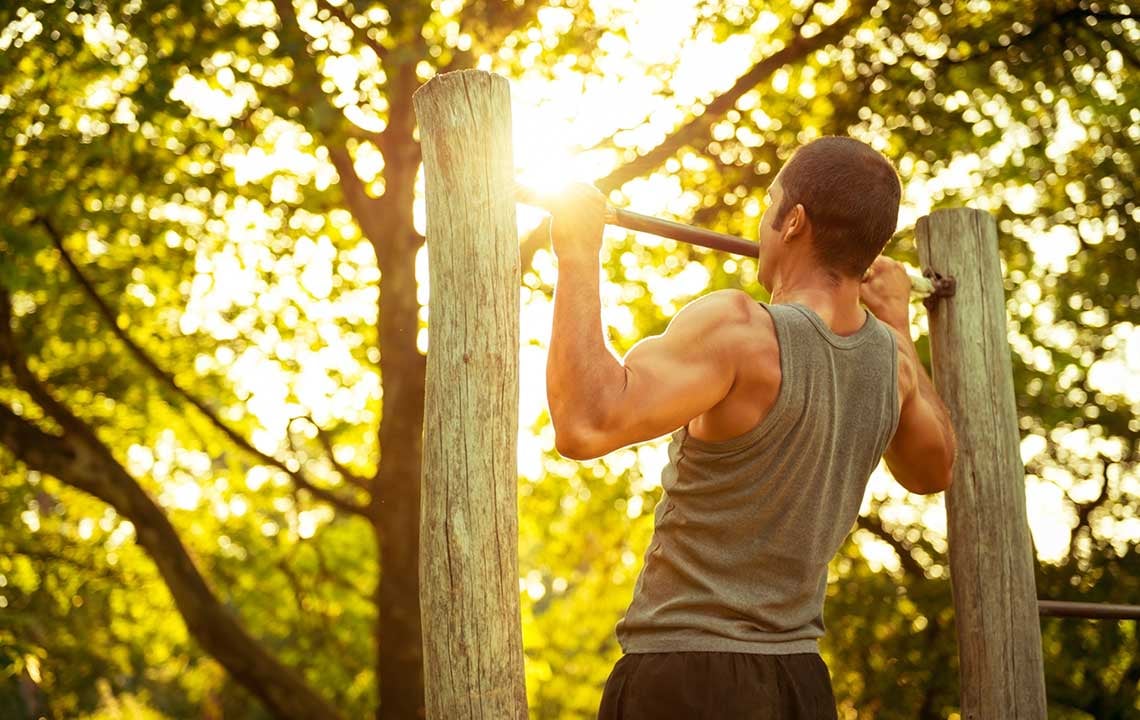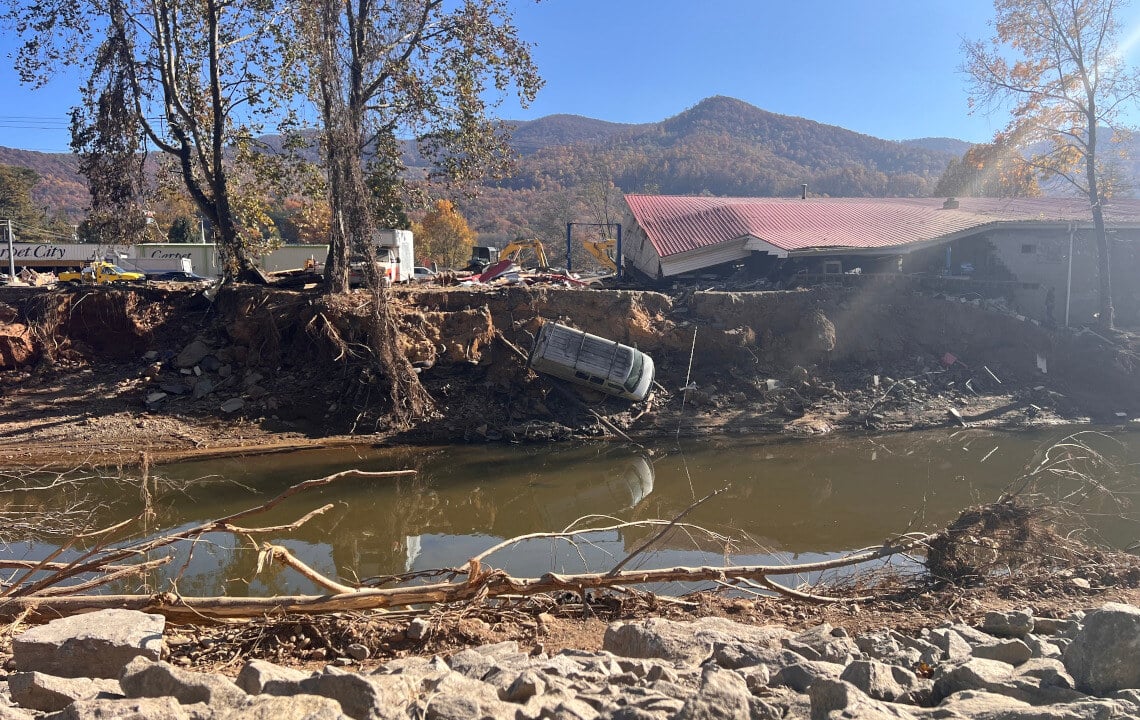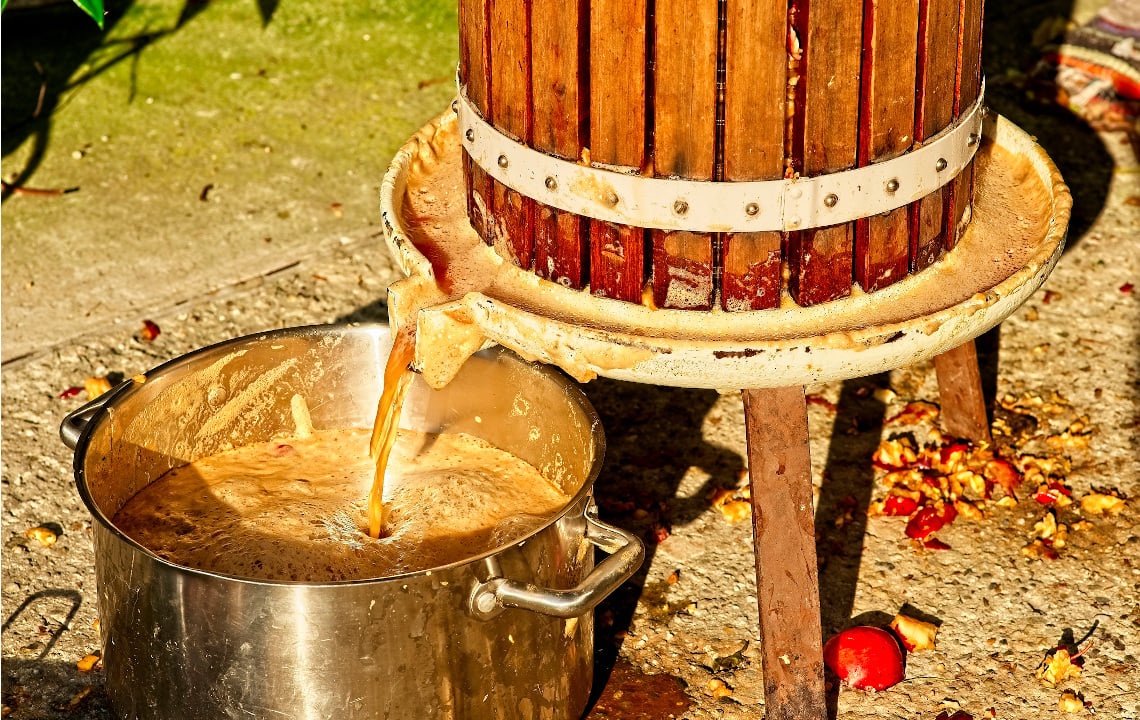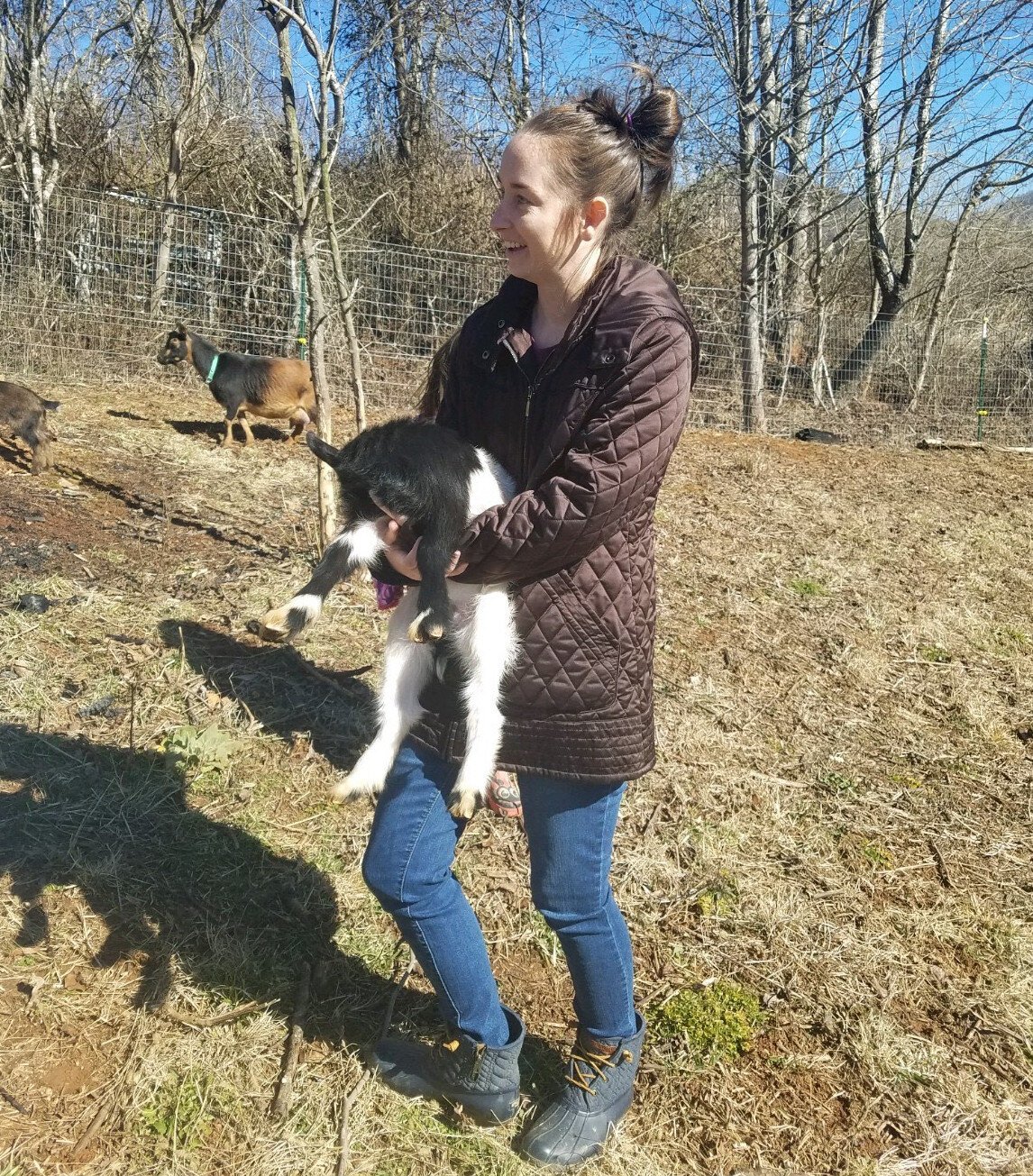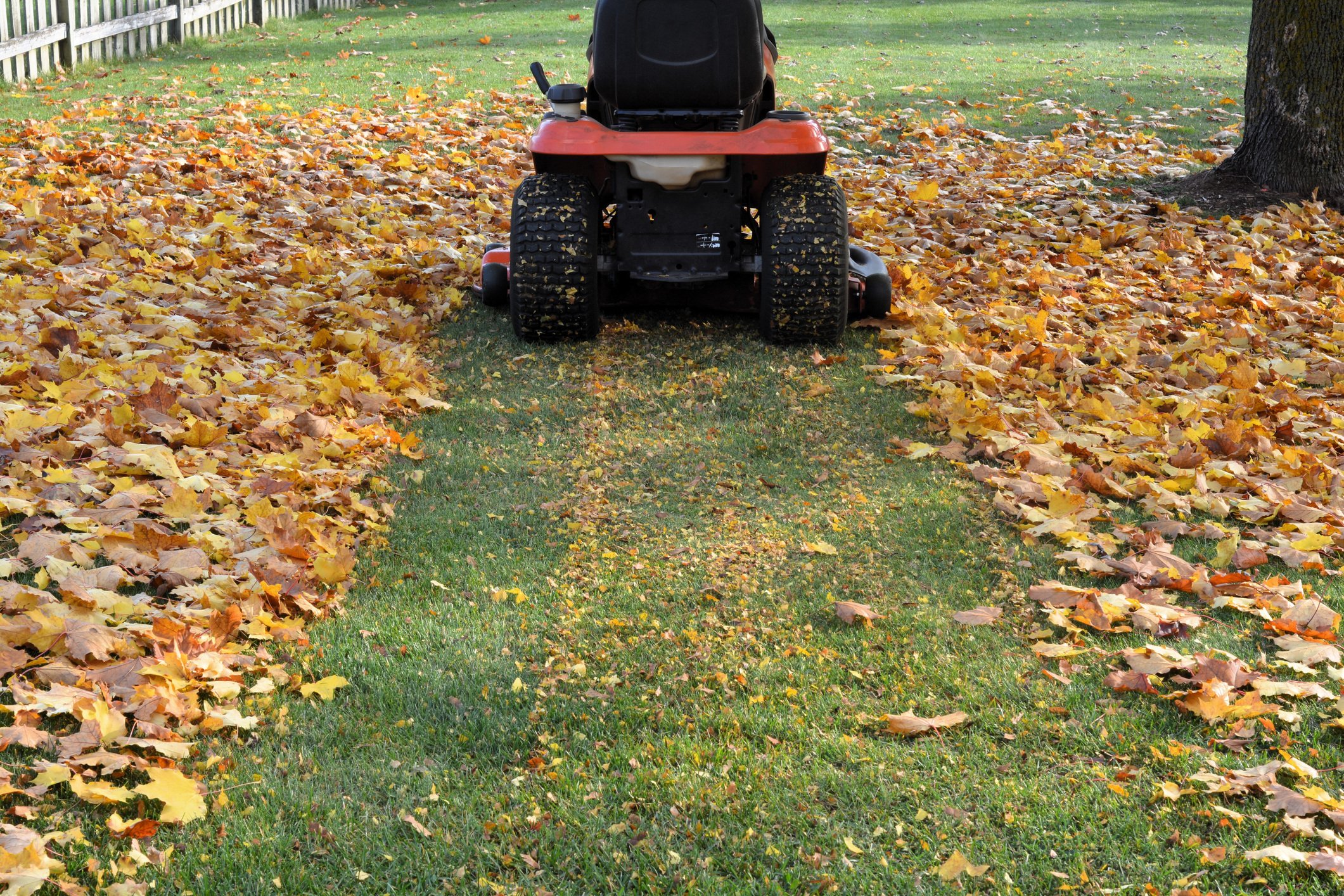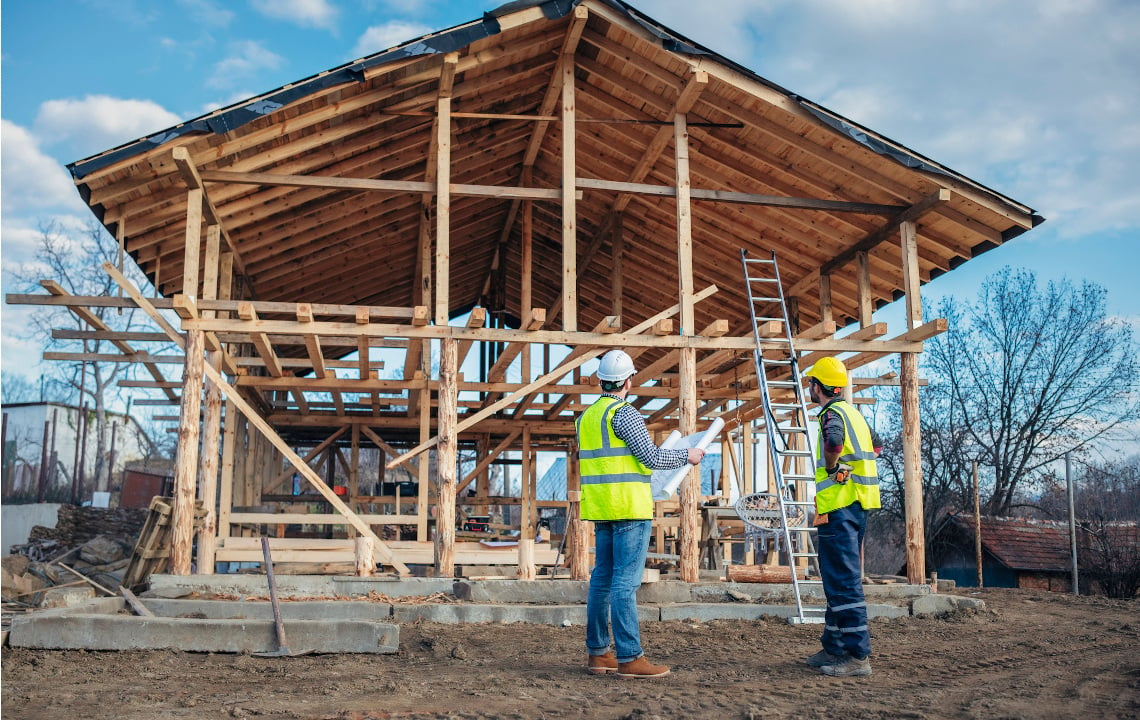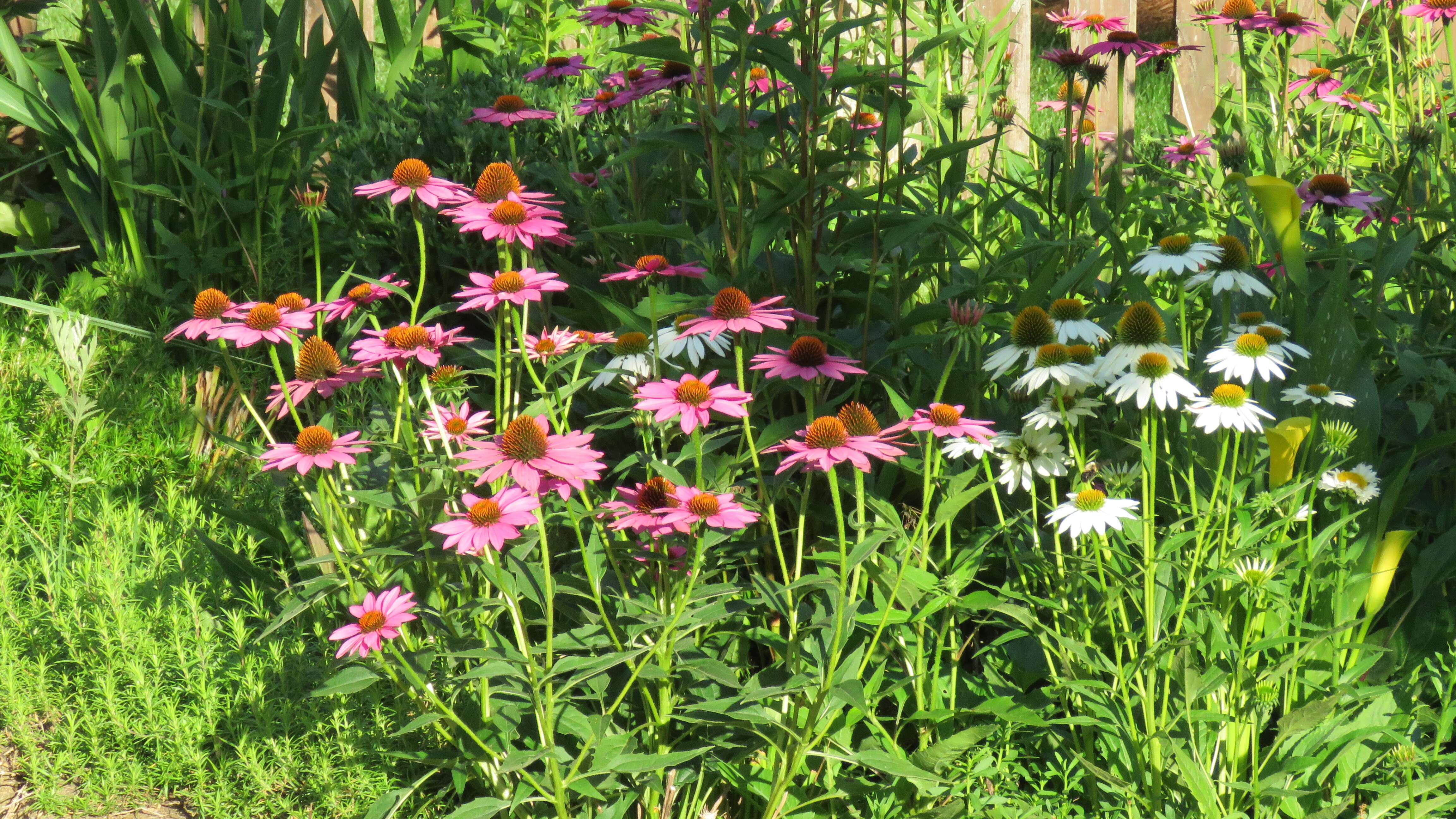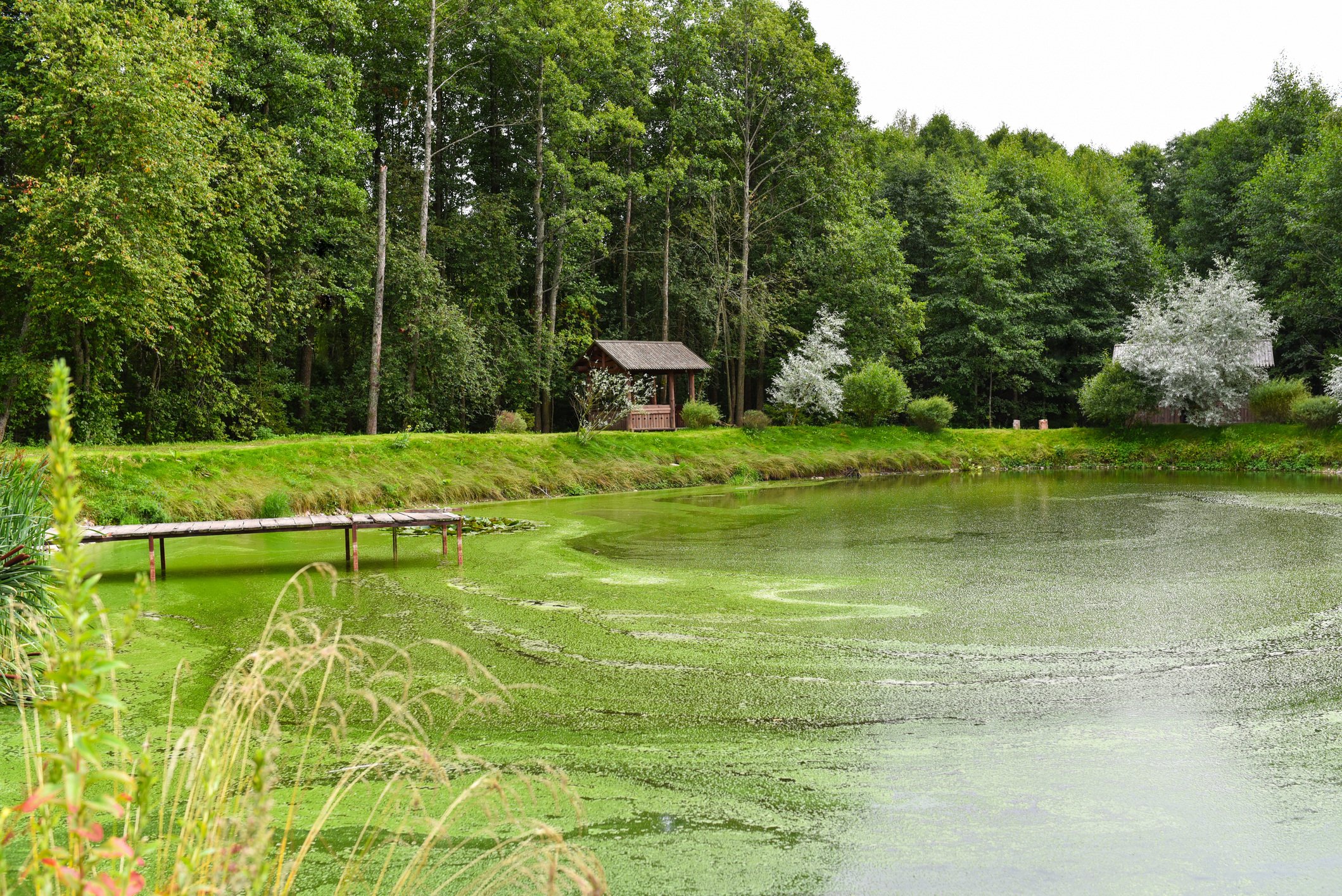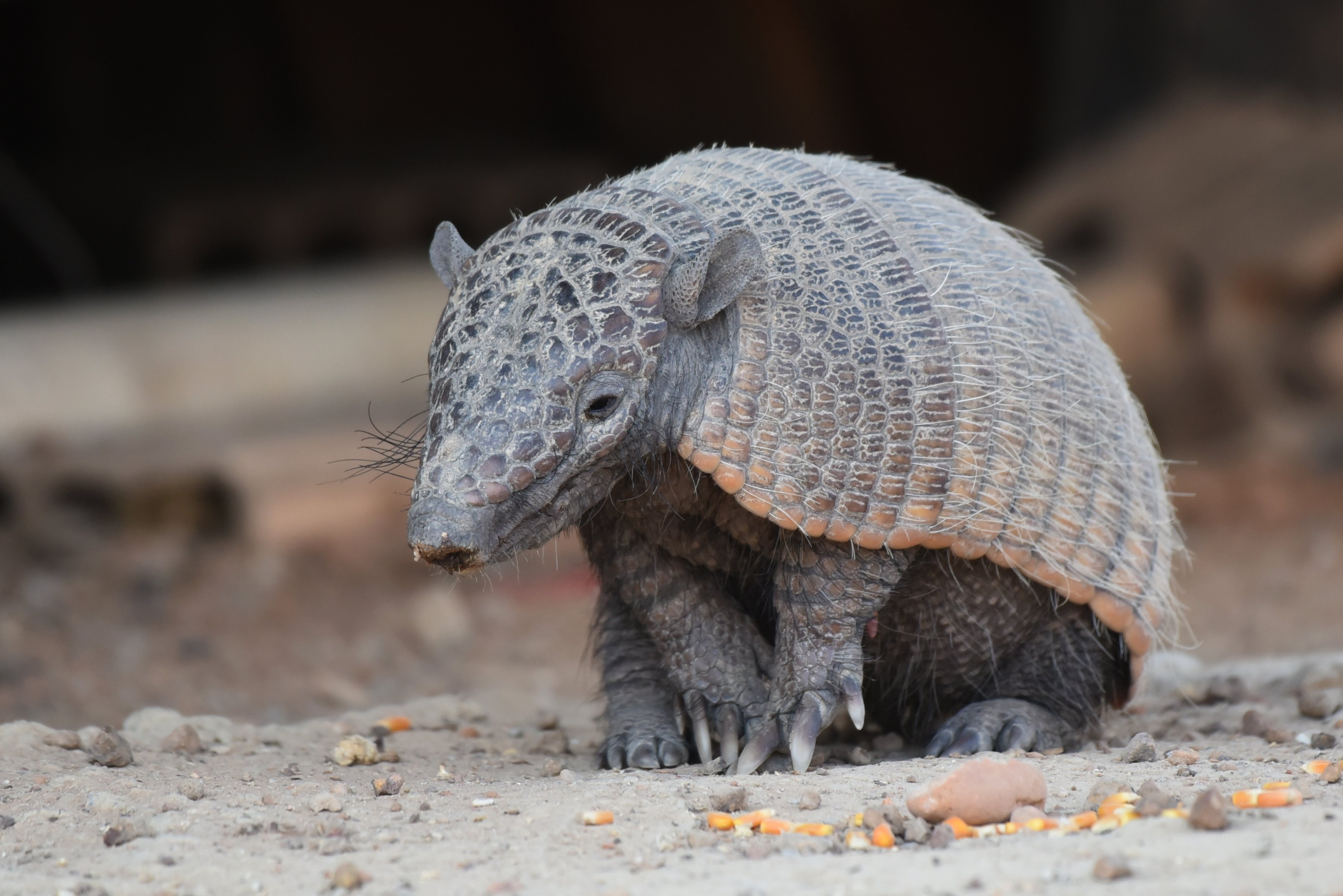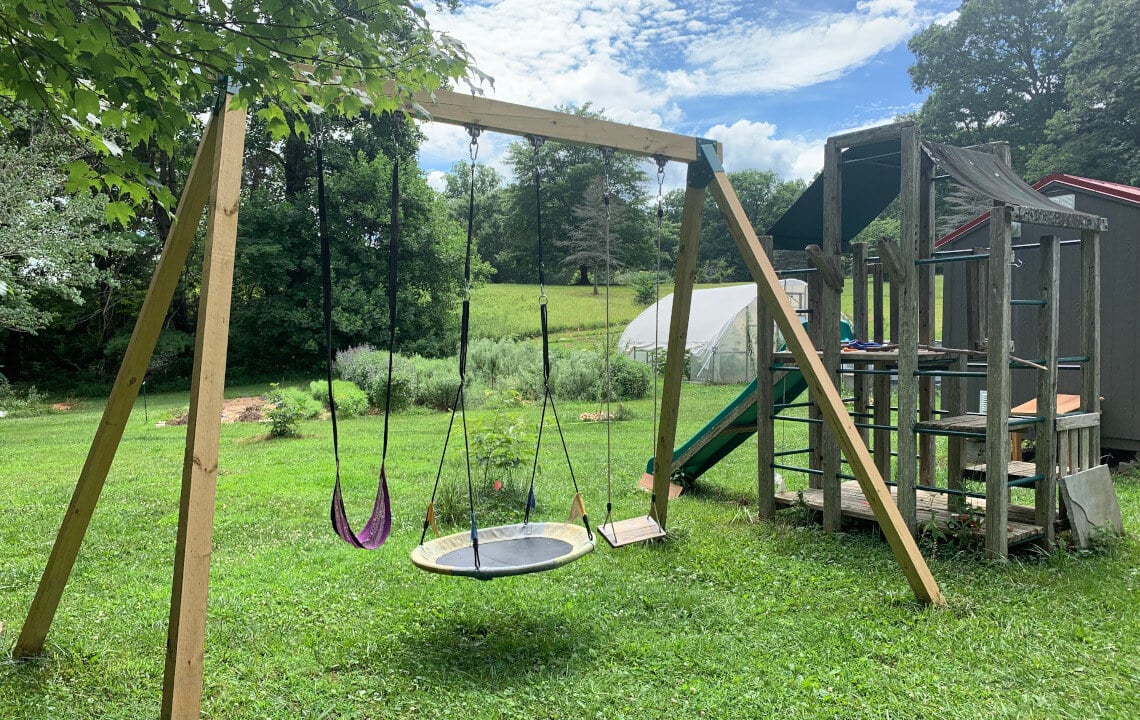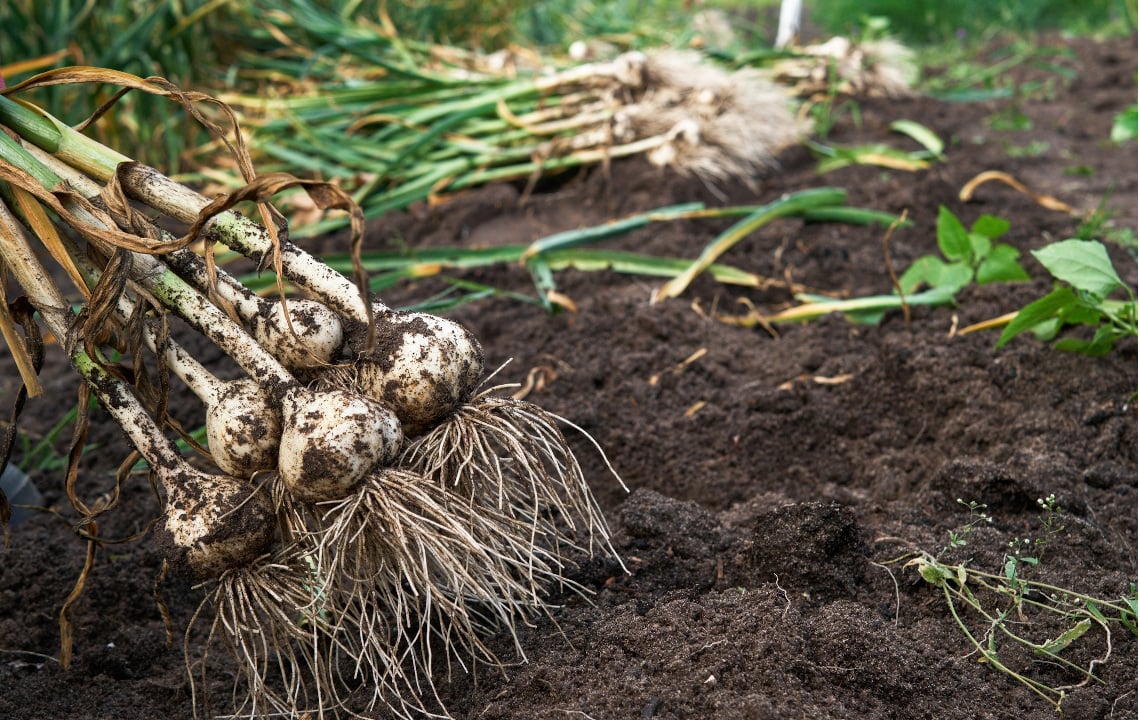If you value your longevity and well-being then you know how important fitness is to healthy living.
In the city, you could belong to a gym, work out a couple times a week with a trainer, practice Pilates or yoga at a chic studio, or enjoy the camaraderie of jogging with other early-morning-fitness buffs at your local park.
Yep, urban life makes staying fit accessible, easy, and (let’s be honest) pretty darn cushy.
But how do you stay fit and motivated in the country…without a gym, personal trainer, or jogging buddy?
For answers, we turned to personal trainer and wellness expert Teryl Worster.
Teryl owns and operates The Spa on Green Street, a wellness/fitness center in small-town North Georgia, and has designed programs for numerous clients wanting to use their own properties as their gym.
Read on to find out why rural exercise may be the healthiest, most effective, and most mindful exercise you’ll ever experience.
RR: What are some unique fitness challenges former city dwellers may encounter when swapping out their townhomes for a more rural address?
TW: A lot of times I think people enjoy the ability to sit down at the gym and have the machines guide them. It’s kind of like mindless training. You don’t have to think about your form, it’s set up for you, and you don’t have to get creative or really think about what you’re doing.
This would be considered mindless training.
Using your body, getting creative, and being responsible for your own exercises is a more mindful type of training.
RR: Would you say staying active during daily farm chores is enough to keep a person fit?
TW: Yes - with accountability. It’s not that the farm chores aren’t enough to keep people fit, there’s plenty available on a farm or pieces of property to generate an incredible fitness program.
But you might not always have someone holding you accountable, like in a gym atmosphere.
That’s where a little imagination and discovering ways of holding yourself accountable are key.
Self-disciple becomes primary—but that’s what you need to run a successful farm or maintain a functional piece of property, too, so the two support each other.
RR: So, besides the obvious solutions, like YouTube, jogging, power walking, and exercise DVDs—what can a person do to keep a consistent and varied exercise routine, solo?
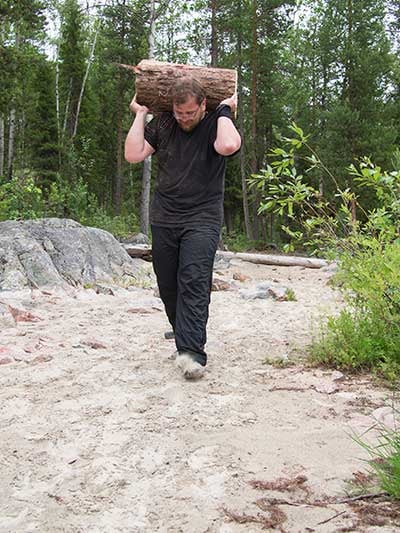 TW: One of the best ways to utilize property is to create your own obstacle course.
TW: One of the best ways to utilize property is to create your own obstacle course.
You can use logs as hurdles or for weight---just cut different sizes for walking lunges, toss them around to relieve stress, or use them as a step-up.
Also, simple things like PVC tubes and curved pipes can be fitted together to make mini-hurdles and high jumps.
If you can find a large heavy rope, you can tie it to a fence or tree and squat while holding one end. Then fling it up and down and side to side—this will work muscles in your arms and core you never knew you had.
Even a garden hose can be used to create circles or patterns for quick feet exercises, single leg jumps and squats, or left-right ladder drills.
For weight training, try buckets filled with water or gallon jugs of milk. Start by filling them a quarter full and slowly increase your “weight” as you get stronger.
RR: Does gardening count as an effective form of exercise?
TW: Gardening is great exercise.
If you’re consciously thinking about your form you can do different exercises while you garden. Digging works your shoulders and lats, squatting works your lower body, and your back will strengthen from all the bending up and down.
RR: About all that bending up and down—how can people avoid straining their backs?
TW: There are 2 things to check mentally before bending down to garden:
#1: Engage your abdominals.
#2: If you’re coming back up with something heavy, it’s important to take a big breath and fill the lungs, because the lungs support the spine and rib cage.
Think of your lungs as a balloon, and imagine expanding the balloon to offer internal support for the spine.
Then, slowly exhale as you come up.
RR: I imagine many people will consider jogging as an easy form of rural exercise. What tips do you have for aspiring runners?
TW: No distance jogging.
When you run long distances, you will actually burn your own protein which will cause you to lose lean mass even quicker.
Plus every time your feet hit the pavement, you’ve got jarring shocks waves hitting your joints, knees, hips, etc. That kind of pounding is especially horrible for women’s bodies. If your core isn’t rock solid, the regular impact from distance running puts too much pressure and stress on your reproductive organs.
It’s different for men. I’ve warned women for a long time about prolapses, etc., being common in runners.
RR: So then what balance of cardio to strength training is optimal?
TW: Some cardio is good, but on its own it won’t take the body where it needs to be for long-term health—especially for women who can lose up to a pound of muscle mass per year.
Those in their 30s and 40s need 3 days a week of strength training, and 3-4 days of cardio which can be done on the same day or opposing days.
Interval exercises, like doing an obstacle course, count as both cardio and strength training, and won’t wear down your body like distance running.
30 MINUTES IS ALL YOU NEED. Those long days in the gym people used to think we needed are not necessary.
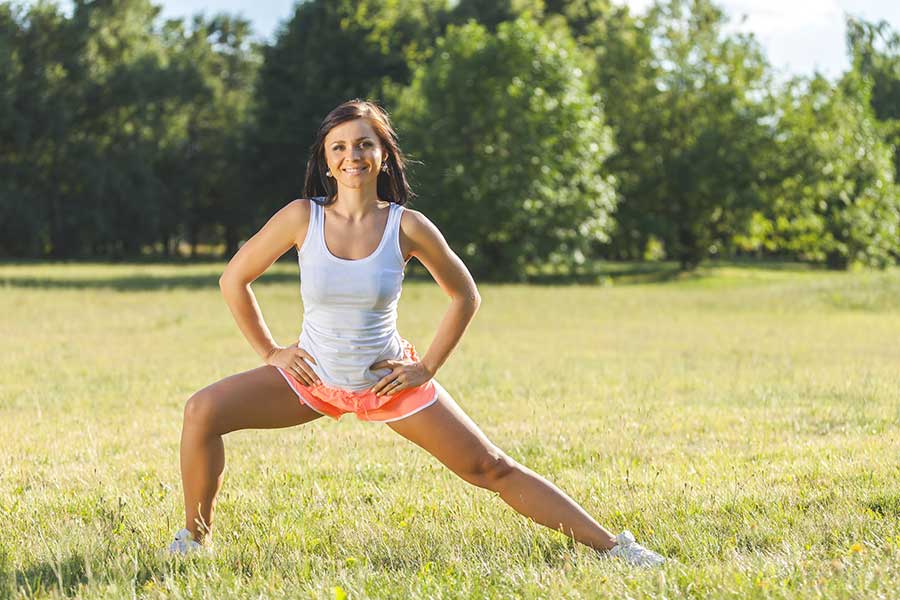
RR: Thank goodness for that! So, what types of gear or equipment are most helpful for exercising at home?
TW: The human body is really all you need. But for variety, exercise bands are versatile for travel and you can use them anywhere.
The TRX is a great tool to wrap around a tree or take it to a park and enjoy the outdoors. It’s a suspension training system that uses your own body weight. It’s really fun and you can do 10 million things with it.
RR: What special benefits can people experience by exercising outdoors as opposed to in a gym environment?
TW: People will benefit from the atmosphere alone—the sun and the fresh air just kind of lift your spirits and get the endorphins going faster.
RR: I’ve noticed when I exercise on natural ground I have more endurance and can work out longer—is it just me, or is there something to this?
TW: Besides the endorphin lift from the fresh air and sunshine, you have more energy and stamina because the ground naturally absorbs the impact on your joints, making it easier to exercise longer.
Also, when you exercise on natural ground, it requires more balance and strengthens your smaller tendons and ligaments.
So you actually burn more calories because you’re recruiting more of the minor muscle groups to wake up and do their jobs.
RR: You mentioned motivation being a key factor in a successful rural/outdoor fitness program. What self-motivation tips and resources can you share with our readers?
TW: Try exercising first thing in the morning before you get busy. It’s best for calorie burning and helps oxygenate and wake up your brain for the day ahead. If you can’t do it in the morning, just remember that anytime is a good time. No matter what time of day you choose you’ll still see major health benefits.
On those days when you’re running the farm (or running the kids around) and don’t have time to exercise, be mindful to turn every one of your movements into some form of exercise.
Use your body—it’s all leverage—and kill two birds with one stone. Learning a few yoga moves to work into your day helps a lot.
Also, get online and join a group like myfitnesspal.com. I love it because you can log your food choices, exercise, and it connects you with others who are doing the same and helping keep each other accountable.
Talking with Teryl truly changed my perspective on rural fitness (and jogging for that matter).
There are so many things we can do to stay fit while consciously bettering our bodies, minds, spirits, and our land.
Now over to you! What tips do you have for staying fit and motivated without the gym? We’d love to hear from you in the comments section below, or use the hashtag #liveruralstayfit and show us on Facebook or Twitter how you stay fit in the country.


